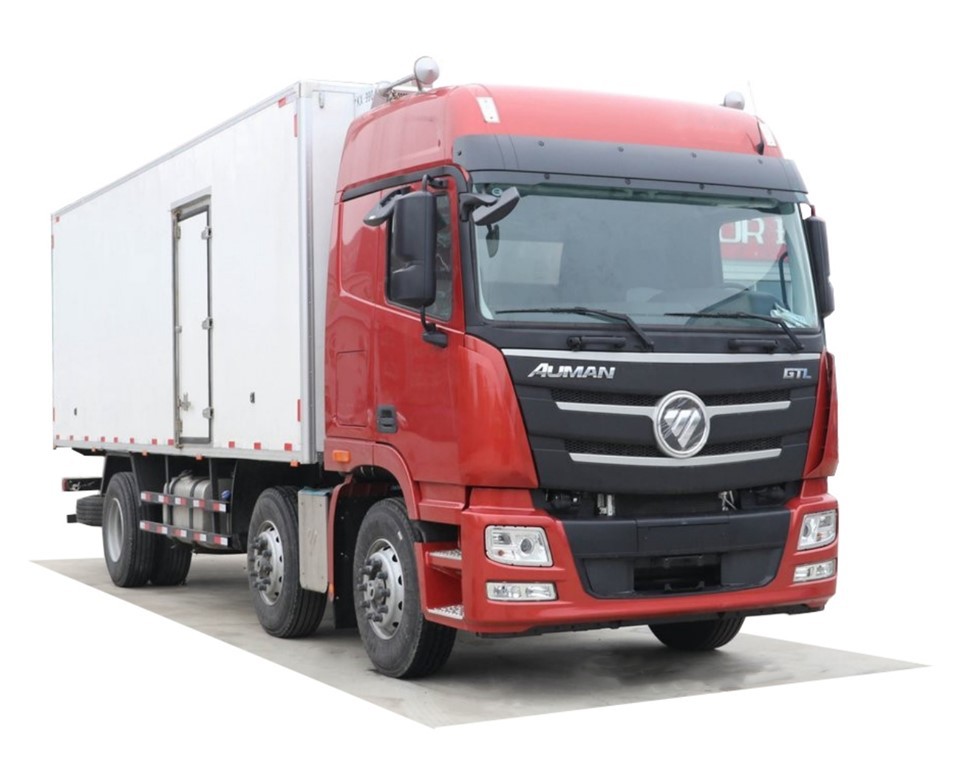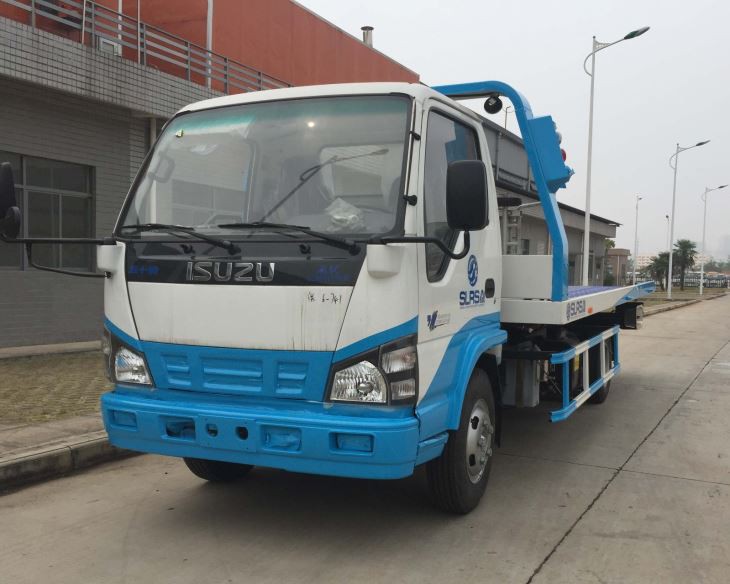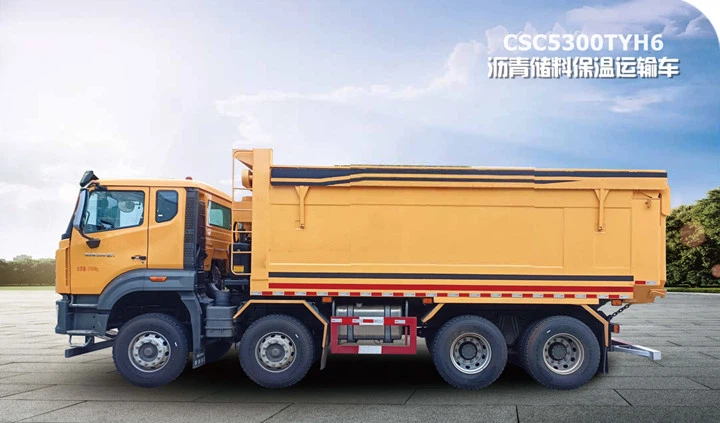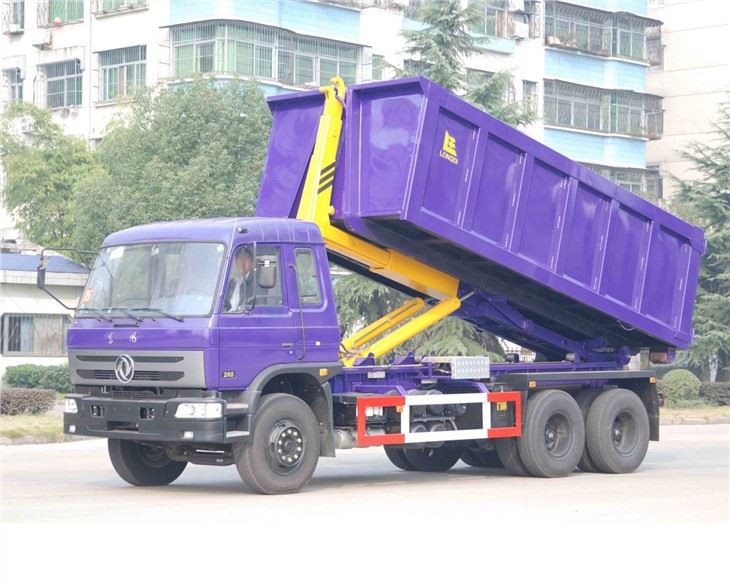As urbanization continues to grow, cities face mounting challenges in waste management. One of the most innovative solutions on the horizon is the automated trash truck. This article explores the benefits, technology, and implications of automated trash trucks in modern waste management.
Understanding Automated Trash Trucks
Automated trash trucks are vehicles equipped with advanced technology to simplify and enhance waste collection. Unlike traditional garbage trucks, they use automation to streamline operations, reduce labor costs, and improve efficiency.
The Evolution of Waste Management
Waste management has come a long way from open dumping and manual collection. The introduction of mechanized systems in the mid-20th century paved the way for more organized solutions. Over the years, we have seen improvements in truck design, collection methodology, and waste processing techniques.
What Makes a Trash Truck Automated?
Automated trash trucks utilize hydraulic systems and electronic controls to perform various tasks, including:
- Automated lifting: Mechanisms that lift and empty containers into the truck without the need for manual handling.
- Sensor technology: Equipment that can detect the presence of bins and aim to optimize routes.
- Camera systems: Used for real-time monitoring and enhancing operational efficiency.
Benefits of Automated Trash Trucks
Incorporating automated trash trucks can lead to numerous benefits for municipalities and private waste management companies.
1. Enhanced Efficiency
Automated systems can significantly boost operational efficiency by reducing the time spent on each pickup. Studies show that routes can be completed up to 30% faster when using automated trucks.
2. Improved Safety
Reducing manual handling of heavy waste reduces the risk of injuries to workers. Automated systems also improve safety on the roads by minimizing human error. Trucks equipped with advanced sensors can detect obstacles in real time, making collections safer.
3. Cost Savings
Although the initial investment in automated trucks might be high, the long-term savings are substantial. With fewer staff needed for collections and lower fuel consumption due to optimized routes, cities can save 20-40% in operational costs over several years.
4. Environmental Benefits
Automated trucks can contribute to sustainability goals by reducing fuel consumption and emissions. Efficient route planning leads to fewer miles driven, ultimately decreasing the carbon footprint associated with waste collection.
5. Better Waste Sorting and Recycling
With the ability to monitor waste streams more accurately, automated systems can help in sorting recyclables more effectively. This, in turn, increases recycling rates and promotes a circular economy.
Technology Behind Automated Trash Trucks
1. Robotics and Automation Systems
The heart of automated trash trucks lies in robotics. These vehicles employ robotic arms and hydraulic lifts to handle heavy bins easily. The robotic systems are designed to operate with precision, ensuring bins are lifted and emptied without spillage.
2. Software for Route Optimization
Advanced software solutions are capable of analyzing traffic patterns, population density, and waste generation in real time. By using algorithms, these programs can suggest optimal routes for waste collection, which are constantly updated for maximum efficiency.
3. Integration with Smart City Technologies
As more cities adopt smart technology, automated trash trucks can communicate with other systems for enhanced efficiency. This includes interfaces with traffic management systems, enabling real-time updates on road conditions that may affect collection.
4. Internet of Things (IoT) in Waste Management
IoT technology allows for continuous monitoring of waste levels in bins, sending alerts when they are full. This prevents overflow and ensures timely collections, further optimizing operational efficiency.
Challenges Facing Automated Trash Trucks
1. High Initial Investment
The upfront cost of purchasing automated trash trucks can be a barrier for many municipalities. The technology involved in robotics and software can be expensive, making it a significant investment.
2. Public Acceptance and Understanding
Some community members may be resistant to change or may not fully understand the benefits of automation. Education and clear communication about the advantages are crucial for acceptance.
3. Maintenance and Repair Costs
As with any advanced technology, maintenance costs can be high. Trained technicians are required to maintain the automated systems, which may not be readily available in all areas.
4. Technological Limitations
Although technology is rapidly advancing, automated systems may still struggle in certain conditions, such as inclement weather or rough terrains. These limitations must be addressed for wide-scale adoption.
Case Studies of Successful Implementation
1. San Francisco, California
San Francisco has adopted automated trash collection in several areas, significantly improving waste management efficiency and increasing recycling rates. Their use of data analytics has enabled them to optimize routes and enhance service delivery.
2. Copenhagen, Denmark
Copenhagen’s smart waste management strategy incorporates automated trash trucks with IoT capabilities. Bins equipped with sensors alert the fleet when they require collection, reducing unnecessary trips and lowering emissions.
3. New York City, New York
The city is exploring automated trash collection to address challenges in waste handling in densely populated areas. Their pilot programs aim to test efficiency, safety, and community acceptance before a full rollout.
Practical Tips for Cities Considering Automation
1. Conduct a Feasibility Study
Before investing in automated trash trucks, municipalities should conduct studies to assess the potential benefits and challenges. This includes evaluating current waste management practices and identifying areas for improvement.
2. Engage with the Community
Inform and educate the public about the benefits associated with automated waste collection. Community engagement is critical to gain support and address any concerns early on.
3. Start with a Pilot Program
Implement a pilot program to test automated trucks in one area before a city-wide rollout. This allows for adjustments based on real-world data and community feedback.
4. Invest in Crew Training
Training for existing waste management staff will be essential to ensure they understand the new technology and can maintain the equipment. This will ease the transition to automated systems.
5. Collaborate with Technology Providers
Partner with reputable technology providers who specialize in automated waste management solutions. They can provide valuable insights, support, and training.
Future of Waste Management with Automated Trash Trucks
1. Increasing Adoption Rates
As technology advances and costs decrease, more cities will likely adopt automated trash trucks. The efficiency and environmental benefits will drive this trend.
2. Enhanced Data Analytics
With the rise of big data, future automated trash trucks will incorporate sophisticated data analytics, allowing for even greater optimization of routes and improved waste sorting.
3. Integration with Other Green Technologies
Automated trash trucks could soon be integrated with other green technologies such as electric vehicles, solar-powered compactors, and advanced recycling processes, leading to a more sustainable waste management system.
4. Global Expansion of Technology
As cities worldwide face waste management challenges, automated trucks may become a global standard, fostering similar advancements in developing countries where waste systems are still evolving.
FAQ Section
What are automated trash trucks?
Automated trash trucks are waste collection vehicles equipped with mechanical systems that handle trash bins without the need for manual labor.
How do automated trash trucks improve efficiency?
They utilize robotics and software for optimized route planning, reducing time spent on each pickup and increasing overall collection rates.
Are automated trash trucks safe?
Yes, they enhance safety by minimizing manual handling and utilizing sensors to avoid obstacles, reducing the risk of accidents on the road.
What are the initial costs of automated trash trucks?
The initial investment can be high, often ranging from $250,000 to over $500,000 per truck, depending on technology features and customizations.
How can communities prepare for automated trash collection?
Communities should engage in education, conduct feasibility studies, and potentially implement pilot programs to assess and adapt to changes smoothly.
What impact do automated trash trucks have on the environment?
By improving efficiency and reducing unnecessary trips, automated trash trucks have the potential to lower fuel consumption and emissions, leading to a smaller environmental footprint.



